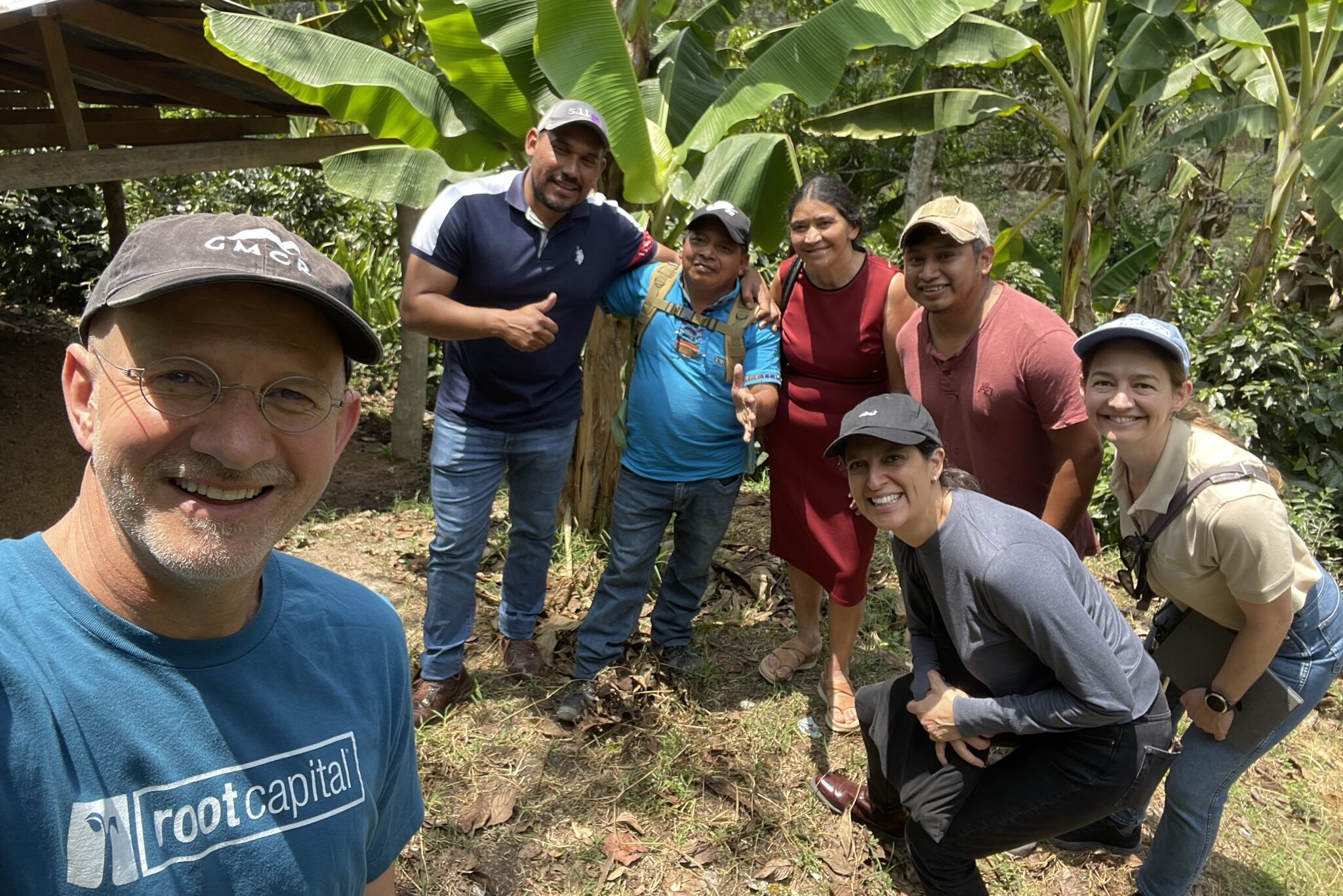
All photos credit: Root Capital
In March, I went on my fourth trip with Root Capital-one very near and dear to my heart because it was to my home country: Honduras. As someone who was born and grew up there-and who has since spent a career working to address the challenges of poverty, climate change, and migration in this region and beyond-it was very meaningful to once again be amid the verdant farms and vibrant communities at the heart of this work.
Root Capital’s journey, like mine, began in Central America. Our very first loan was to the Asobagri coffee cooperative in Guatemala. We loaned Asobagri, who lacked access to capital and was therefore unable to grow, an initial $73,000 USD in 1999. Today, thanks to more than 20 years of working with Root Capital, Asobagri now generates sustainable incomes for double the number of farmers and their families, many of whom are from indigenous communities.
Then, as now, we believed that locally rooted economic opportunity was the best solution to poverty in the region. That’s why Root Capital invests in the growth of small-to-medium local agricultural enterprises, which are proven to create jobs for men and women, increase incomes, and improve the climate resilience of farming families. By providing these businesses with access to capital, training, markets, and climate resilience, they can transform rural communities and economies.
There is no shortage of news stories about the challenges my home country faces, including: poverty, climate change, corruption, and migration pressures. Yet rarely will you read or hear about the many things that make the country amazing: beautiful forests, breathtaking beaches, rich biodiversity, and, most importantly, the best coffee in the world. It is also a place where dedicated community leaders and innovative entrepreneurs are building a better future, for themselves and the next generation.
Journeying to the Beating Heart of Rural Communities

I met up with my friends, Root Capital CEO Willy Foote and Chief Strategy Officer Alexandra Tuinstra, as well as other in-country Root Capital staff in Tegucigalpa, the capital of Honduras. The city was bustling with activity, but to find the beating heart of this country, we had to make our way to rural communities in western Honduras.
Our journey began in the world-famous coffee-producing region of Marcala, where we visited RAOS and COMSA, two long-standing clients of Root Capital. Together they work with close to 2,000 Honduran farming families and are recognized leaders in sustainable and organic practices. COMSA’s facilities are impressive, with compost production, coffee washing stations, large warehouses, retail space, and a state of the art cupping room. Despite being a small, isolated business nestled deep in the high mountains of southwest Honduras, COMSA boasts sophisticated, innovative operations and systems. It was wonderful to see how these businesses are investing not just in the business and in member farmers, but also in the region as a whole, by building schools, improving roads, and launching recycling facilities, among others.

The importance of coffee enterprises, like COMSA, to Honduras can’t be overstated. Coffee is the country’s main agricultural export, contributing a third of GDP and employing an estimated 100,000 farming families. Ninety-five percent of the more than 8.95 million sacks of coffee the country produces annually is farmed by smallholder farmers. That’s why these resourceful coffee enterprises are key partners for improving incomes, creating jobs, and advancing climate action in rural communities.
Despite their remote location from the country’s largest cities, the local agricultural enterprises we visited provide some of the most stable livelihoods in the region-especially when they have access to capital and training. With financing from Root Capital, these enterprises are able to connect small-scale farmers with international markets, premium pricing, and training to help them adapt to climate change. Though they may be small businesses, they have outsized impact.

On our second day in Marcala, we drove 45 minutes up dusty roads to San Francisco to meet Juan Domingo Hernandez, a young coffee producer. As the son of a coffee farmer, Juan Domingo was expected to follow in his father’s footsteps. He, however, was not convinced. His family had struggled prior to joining the RAOS coffee cooperative and he imagined better prospects for himself by migrating to the United States. Fortunately, as his family became more involved with the cooperative, he witnessed transformative benefits that he decided to take advantage of.
After joining RAOS, his family grew their arable land and crop yield, going from individual coffee producers who farmed a small plot of land to local employers employing entire families to farm their coffee crop. Before, they struggled to get by and relied on intermediaries to sell their coffee; since joining RAOS, they are now able to fully sustain their families with the coffee they produce on their land. Today, it is a source of great satisfaction to him and his family that they are able to support their local community by employing more than 70 people during the four-month harvest season and produce over 38.6 tons of coffee.

We then headed to Ocotepeque, eight hours from Tegucigalpa, at the border with Guatemala. Nestled at the foot of the Guisayote Biological Reserve, the coffee-growing region surrounding towns like La Labor produces some of the best known Honduran coffee. Here, we visited Amprocal, an all-women association, with inspiring leaders and 180 women producers, and Cocaerol, a 100% Maya Chorti cooperative, with close to 100 members. Eating gallina india for lunch and listening to Amprocal founders Jenny Salazar and Delmy Regalado, and the rest of the team, was the highlight of the trip for me, and personally such an energizing experience. The Amprocal team, as well as all the other co-op leaders and farmers we met with, highlighted challenges related to climate change, including rain variability, changing harvesting times, rising temperatures, and crop disease.
Climate change is the #1 threat to smallholder farmer livelihoods in Honduras. In 2021, back-to-back hurricanes hit the countryside, destroying housing, roads, and farms. Long-term, climate impacts are putting pressure on farming families, leading many to migrate to urban areas or outside the country.
And yet, the staff I spoke with at Amprocal were hopeful because they are working with their farmers and with partners like Root Capital to adapt to these changing circumstances, and they are seeing good results from the sustainable practices they have put in place. Such practices have allowed Amprocal to provide invaluable support to their suppliers, as well as resources and training for farmers to invest in regenerative agriculture.

I ended my journey with a visit to this region’s coffee highlands. Standing at the back of a pickup truck, we bounced up mountainous dirt roads. Grebel Mejia, an energetic coffee entrepreneur, generously gives us a tour of his farm. After crossing a small creek and hiking up a hill, we reached a vista point from his farm. He shared his story and his vision for his farm and for this region, which includes young people finding joy and opportunity in coffee farming that is regenerative and protects nearby ecological treasures. The scenery is incredible and I feel an overwhelming sense of pride-in my country and my fellow Hondurans, in Root Capital’s work, and for the privilege of serving as Board Chair of this great organization.

About Ana Zacapa, Board Chair, Root Capital
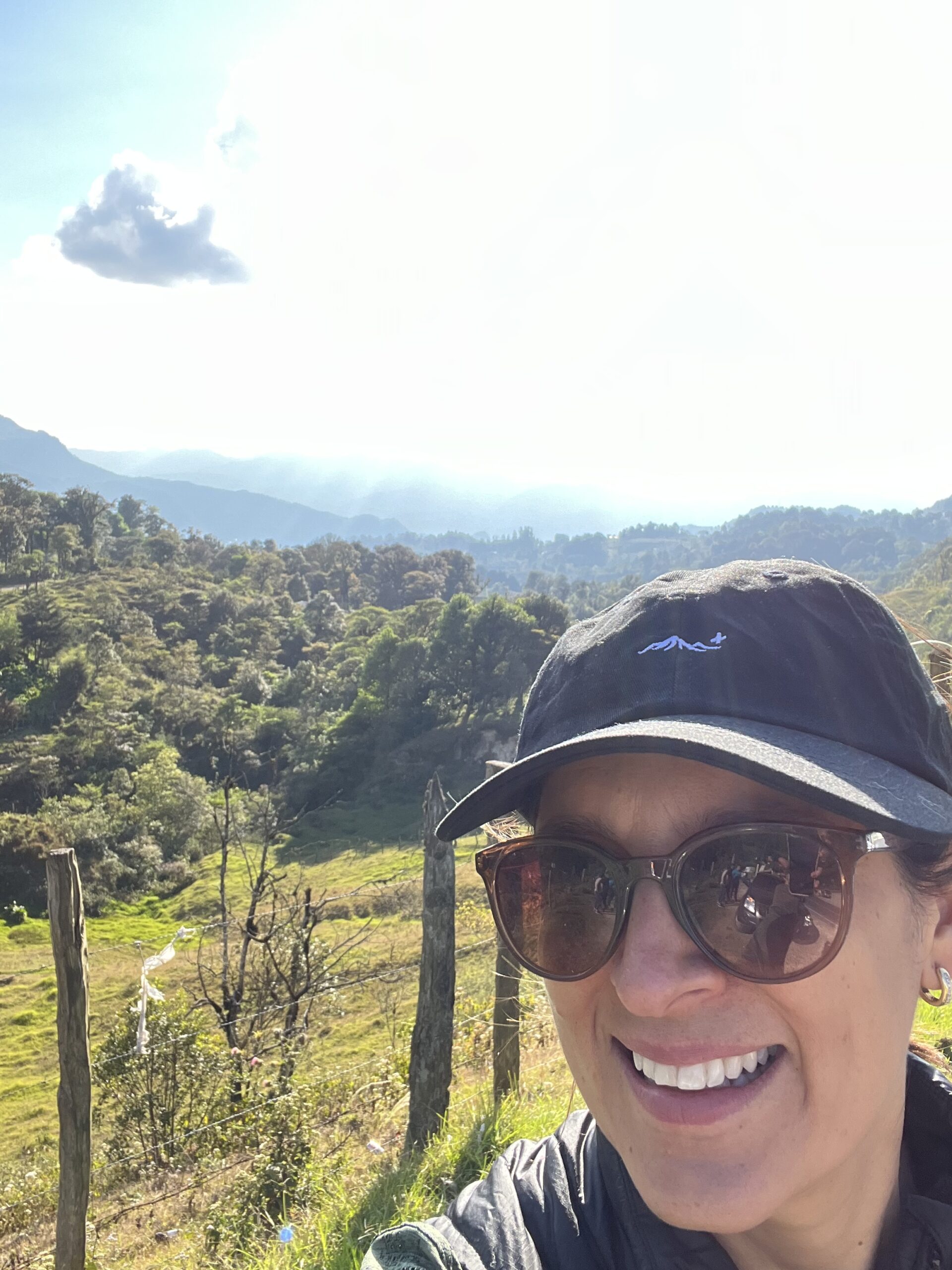
Ana Zacapa is a recognized leader in social impact investing, climate change and international development. Her current focus is supporting and investing in people-centric solutions at the intersection of economic opportunity, climate change and migration.
Ana is Chairwoman of the Board of Root Capital, the leading social investor transforming rural communities in Latin America and Africa, with $2B invested and over 10 million people supported. Root Capital is pioneering climate finance for rural communities at the forefront of climate change. Ana is a member of the Climate Migration Council, a group of leaders committed to putting people at the center of climate action and accelerating solutions to climate-driven migration. She is Lead Independent Advisor to IPSY, a global $1 billion beauty innovation platform, on their sustainability, social impact and self-expression work. Ana is a member of the President’s Council for Ceres, the leading nonprofit working with large companies and institutional investors to advance climate change and water policy. She previously founded Ceres’ West Coast office.
Ana spent the first decade of her career on Wall Street in investment banking focused on Latin America, as well as in solar energy investment research. Ana worked at the Skoll Foundation, one of the world’s most innovative foundations, where she led the Innovation Investments program. She has an Economics degree from Duke University and a master’s degree in Development Studies from the London School of Economics. Ana was born and grew up in Honduras and now lives with her family in San Francisco, CA.
Support this work with your year-end gift!
You may also be interested in...
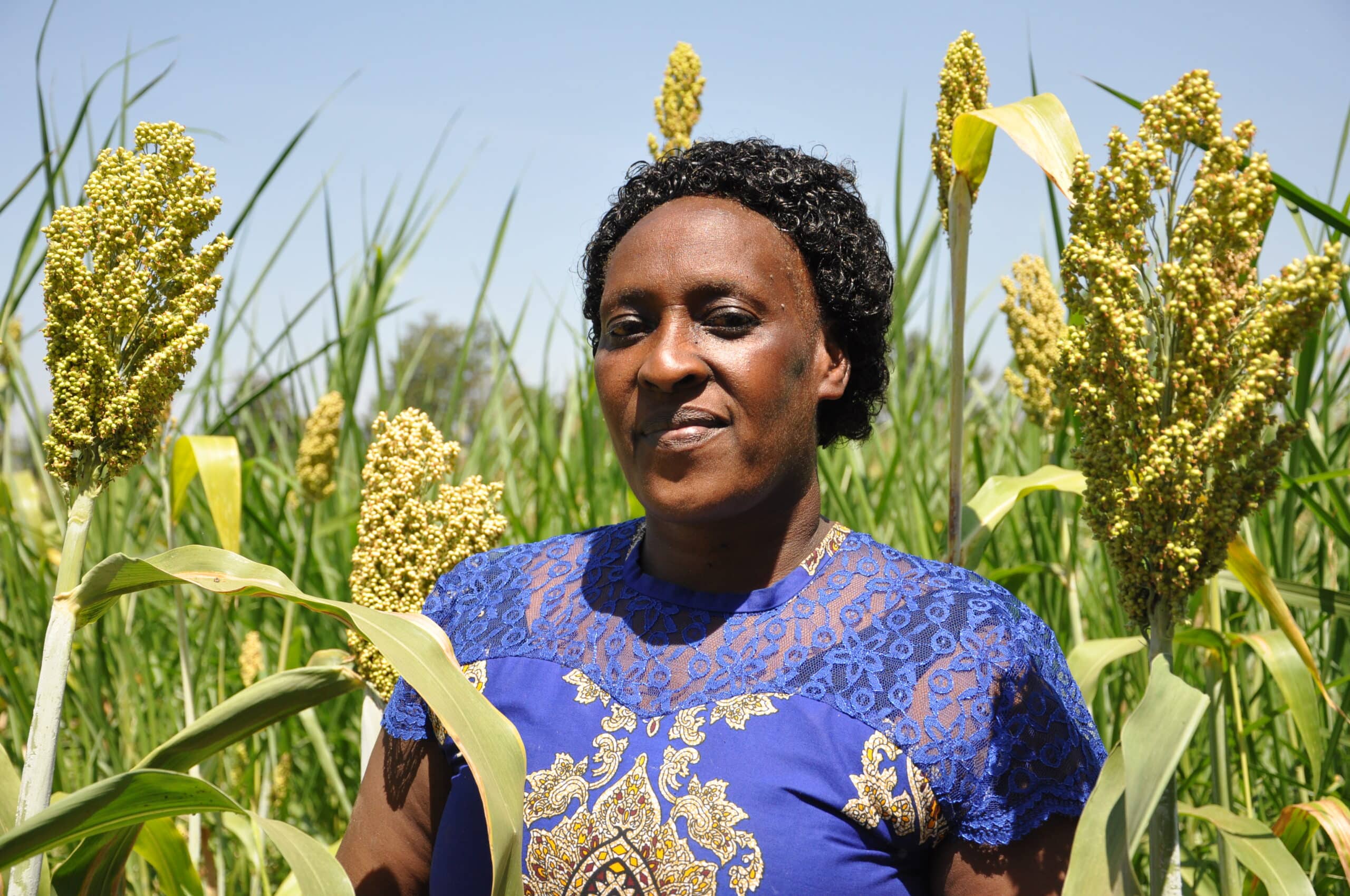
Announcing Our New Climate Resilience Roadmap Annual Report
Deep in the Meru region of Kenya, Shalem Investments has witnessed firsthand the effects of shifting
Date:
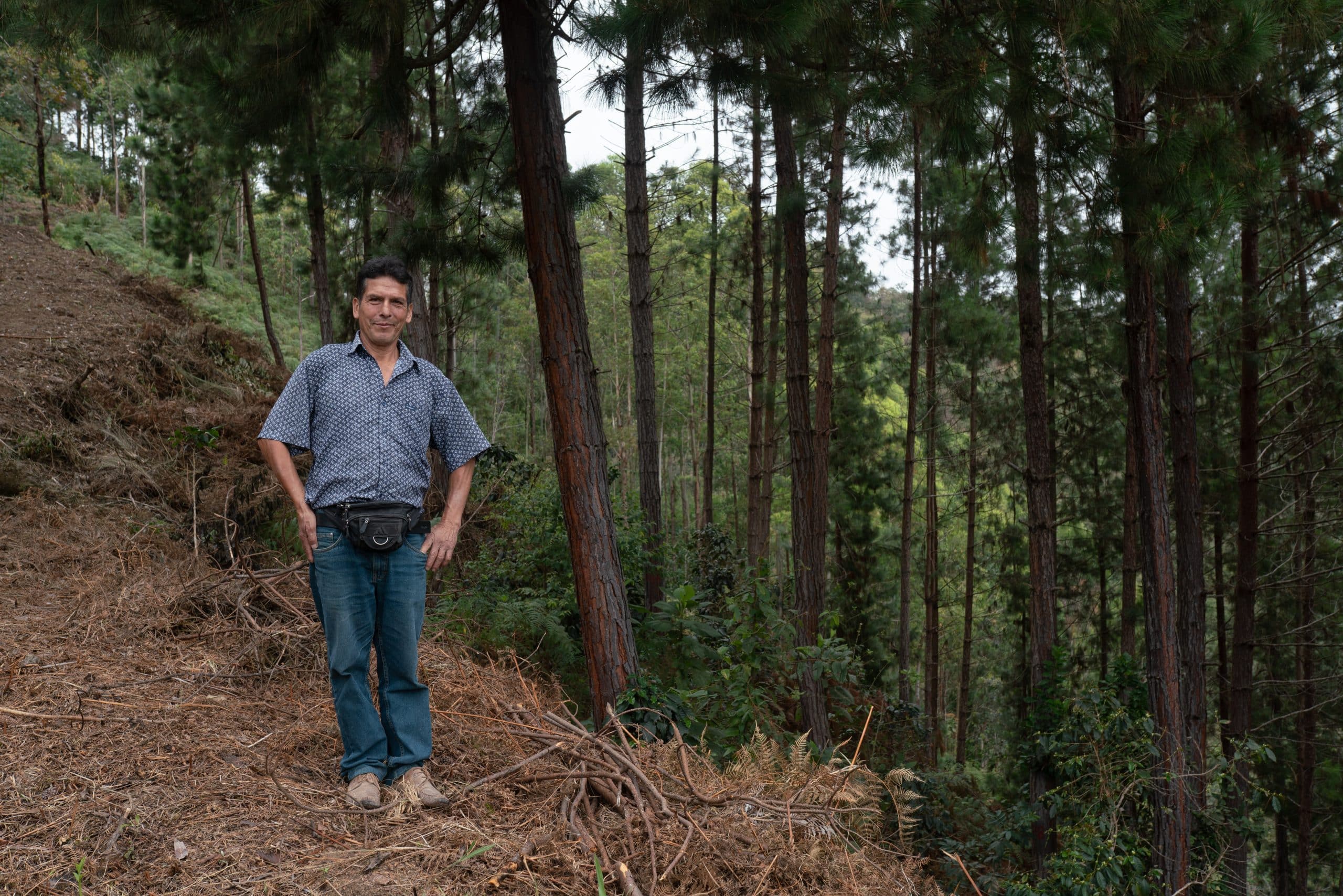
Carbon, Climate, and Coffee: Paying Farmers for Their Efforts to Combat Climate Change
CENFROCAFE producer member Anselmo Díaz on his coffee farm. Rumi Bamba, Las Pirias, Jaen, Cajamarca, Peru.
Date:
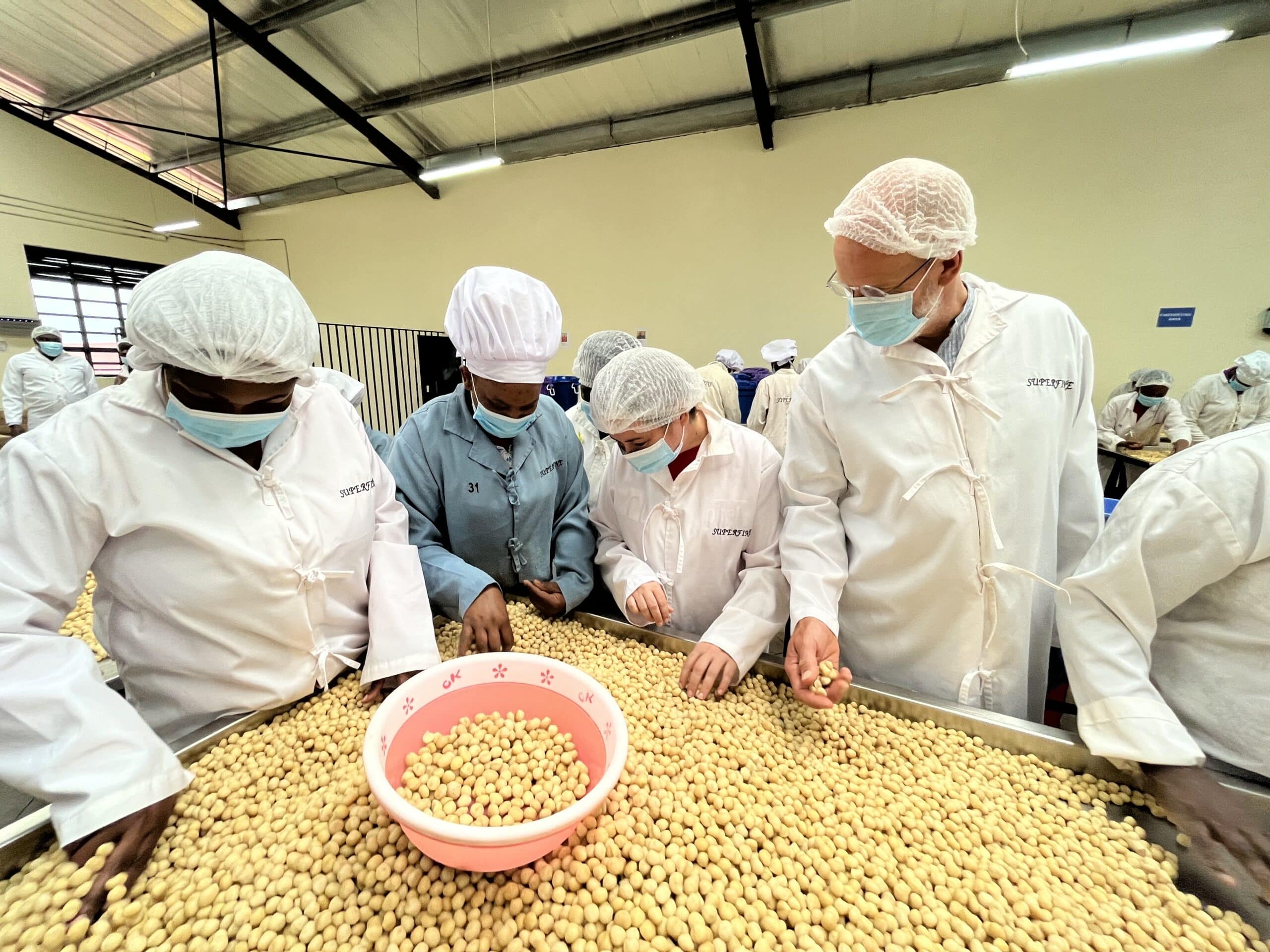
A Journey Into the Heart of Kenya’s Macadamia-Processing Region
Superfine Africa Nuts employees sort macadamia nuts by hand alongside Root Capital’s Leonor Gutiérrez, Director of
Date:

